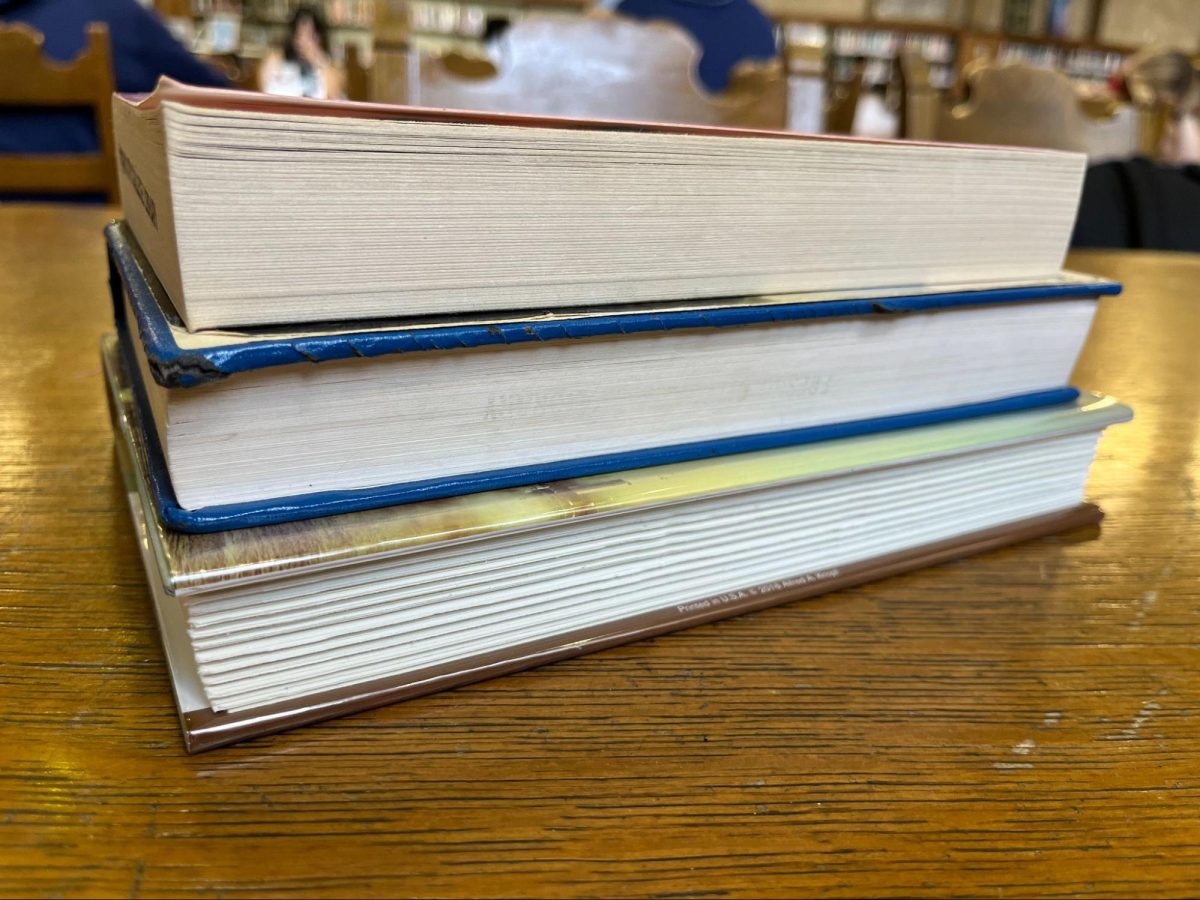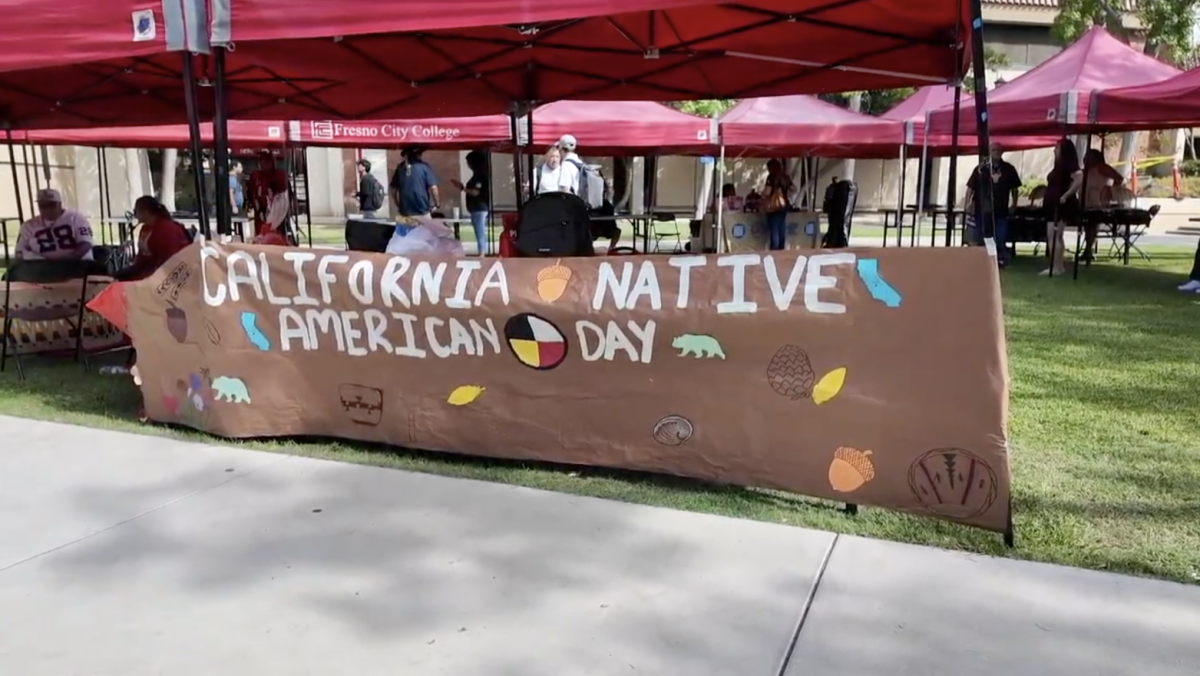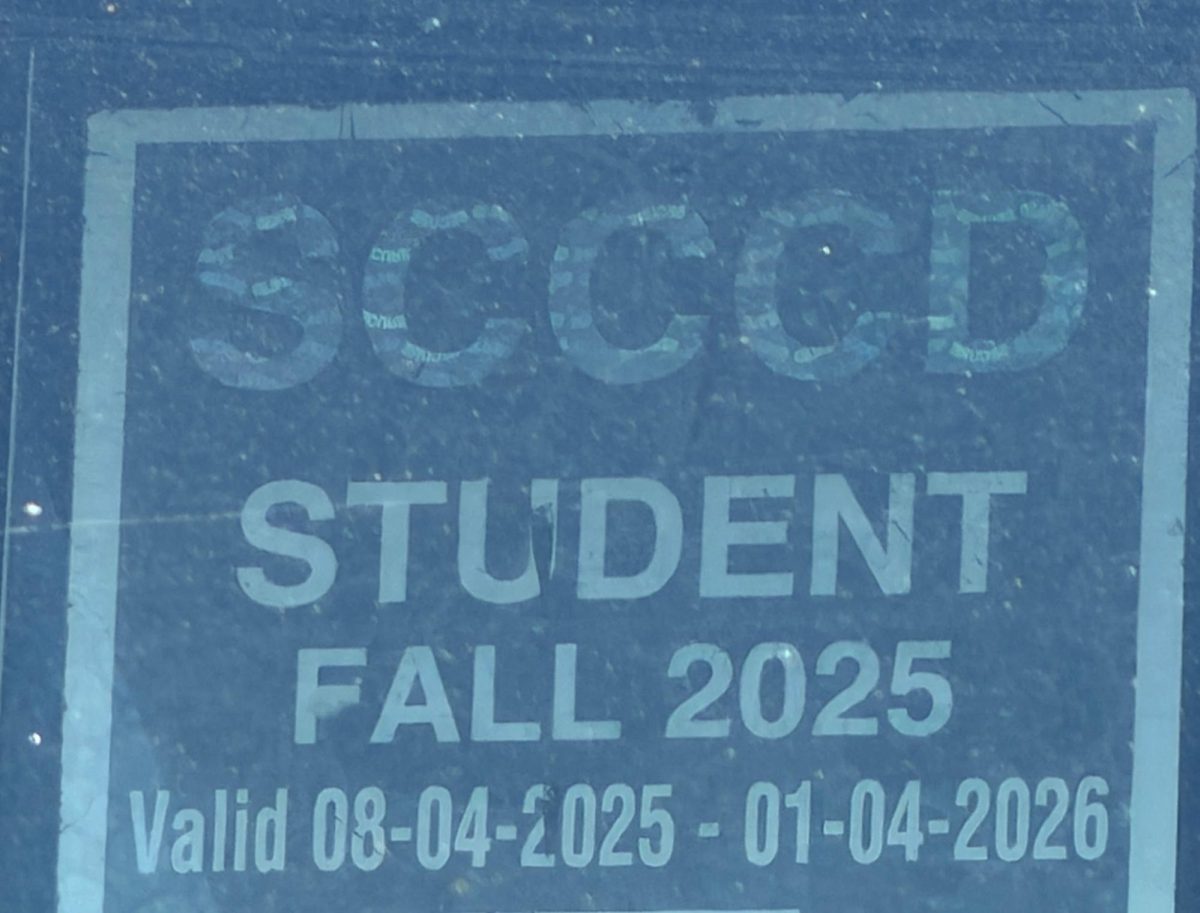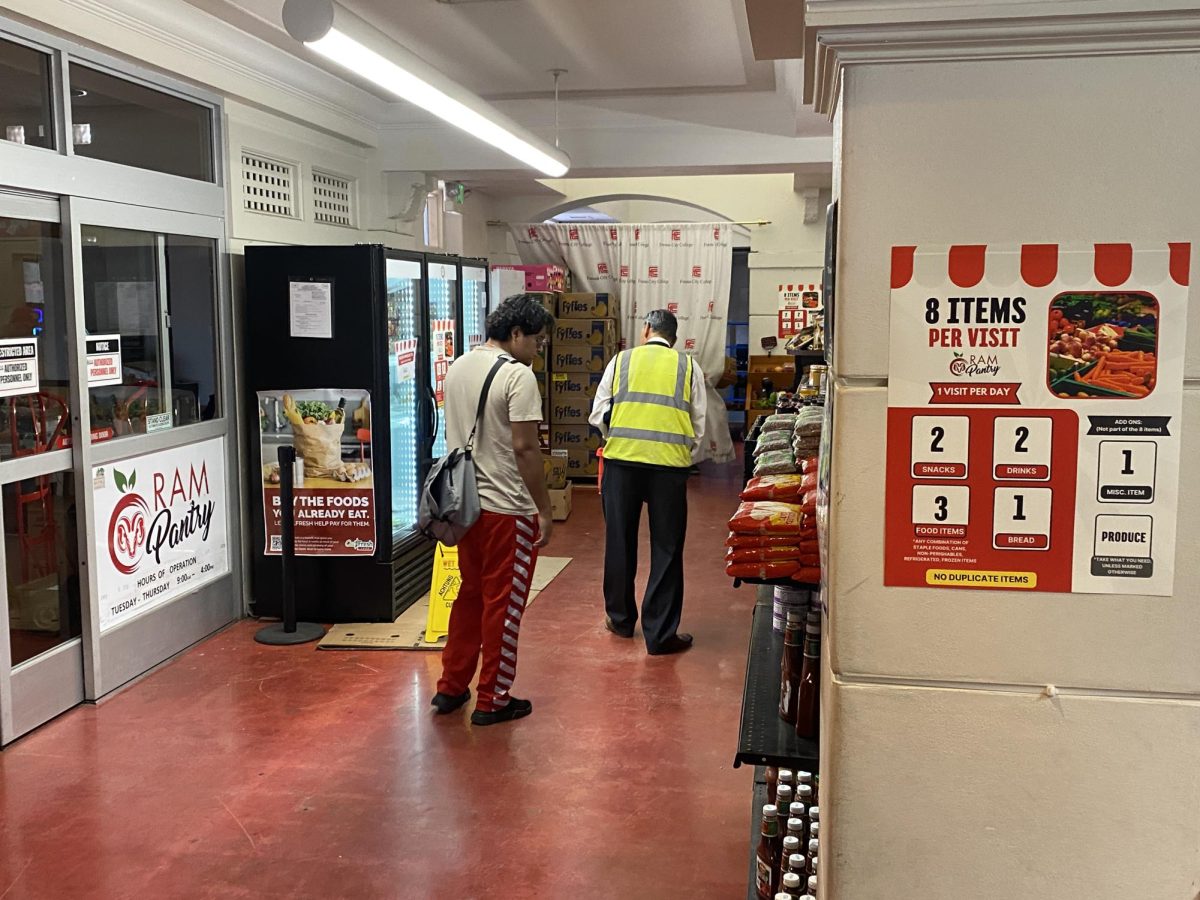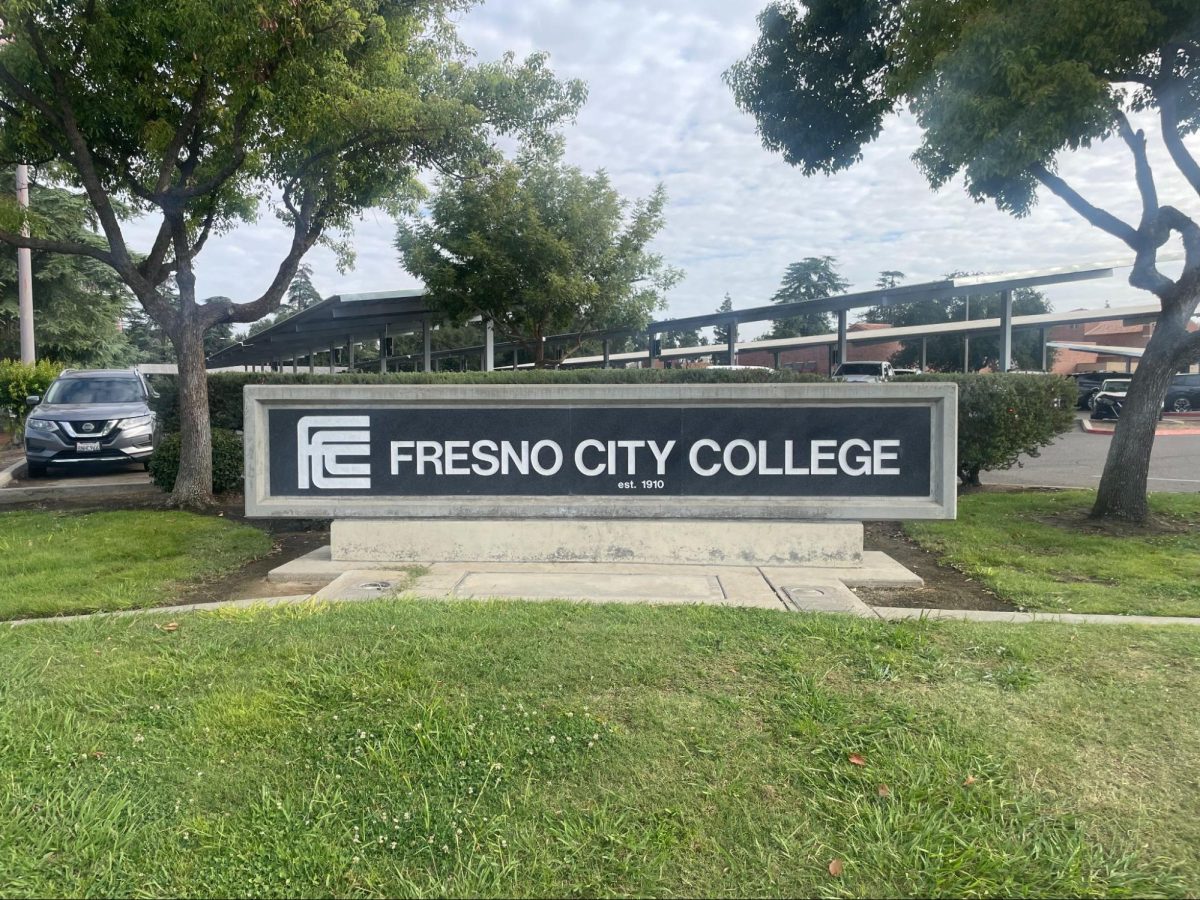I couldn’t have been more shocked the first time I saw the price of a college textbook. There was no way I could have believed a book would cost over $100. I would not have been able to afford that.
At the time, I was a high school student taking online dual enrollment classes over the summer. The classes only ran from June to July. Two of the three classes I was enrolled in had textbooks listed in their syllabus.
One was for an art appreciation class, the textbook cost close to $80. The microeconomics course wasn’t any better, with the cost coming close to $120 for the newest edition.
There was no getting around not buying the textbooks, there would be assignments that went along with the material. I did consider buying second-hand, but some prices weren’t much better.
The solution I came up with was to pirate the textbooks I needed. I would search online for a PDF version, taking to sites like Reddit for more information on places where I could download the books I needed.
There was no justification in paying such high prices for materials that would be useless outside of the class. I could easily find the information for free online.
Additionally, I found that professors would pack much of the book’s content into presentations posted to Canvas making the book useless at that point and the cost even more unnecessary.
That’s why when I started college I prioritized enrolling in classes that had low or no-cost textbooks.
Kaylee Offerman, a student at Fresno City College majoring in childhood education also had issues with the high prices of textbooks.
“I did have to buy this online textbook and it was like $80 along with the homework that I have to do in the textbook. I thought it was kinda stupid because why do I need to pay $80 to pass a class,” Offerman said.
To Offerman, the only improvement that can be made is to lower the cost of textbooks.
“We already pay so much in tuition and just getting classes. If we have to use a textbook, I think it should be more affordable,” Offerman said.
Other students like Alexis Hernandez believe that a possible solution to the rising costs lies in looking into EOPS, a resource available to help students through counseling and financial assistance.
Hernandez also points out the inconsistencies of how necessary textbooks can be.
“I feel that some of them are useful but some of them at the same time are not, because you don’t even use the textbooks in class,” Hernandez said.
Prices aren’t just a small inconvenience for students, they become barriers that impact their education and financial situation.

